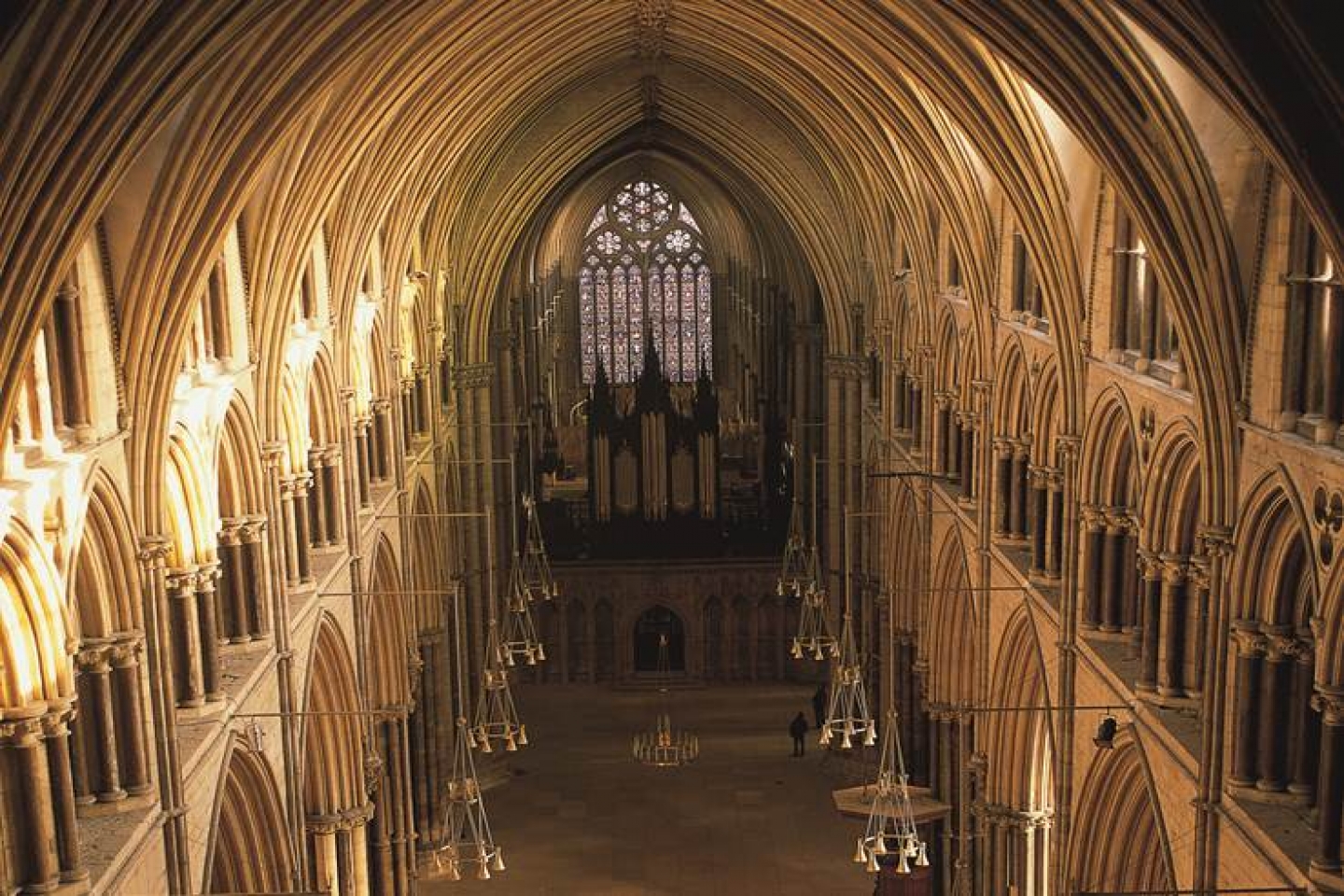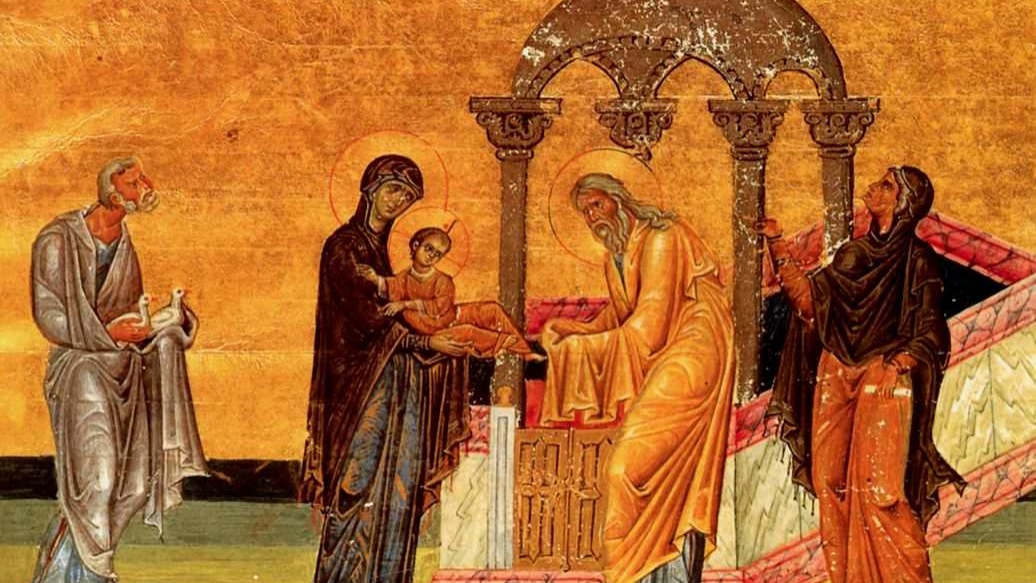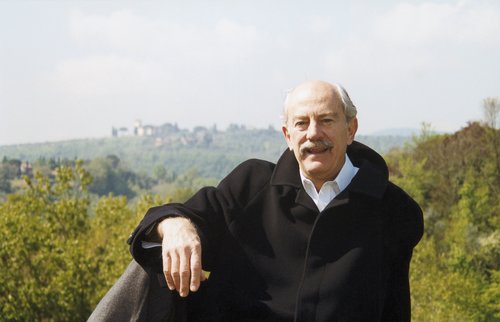William Byrd: O Magnum Mysterium
On Monday we listened to Italian baroque composer Arcangelo Corelli’s “Christmas Concerto,” a piece probably performed on Christmas Eve, 1690. Now, let’s go back even earlier to the English Renaissance music of William Byrd (1543-1623). Byrd’s motet O Magnum Mysterium, written in 1607, evokes the mystery and wonderment of the nativity story. It’s music which seems poised somewhere between terror and exultation. Listen to the way the voices imitate one another, gradually unfolding in soaring …




